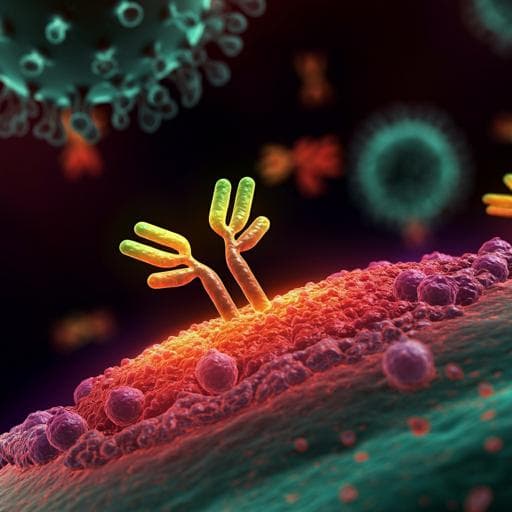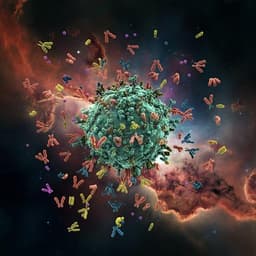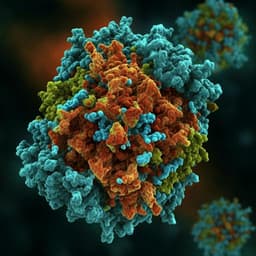
Medicine and Health
An ancestral SARS-CoV-2 vaccine induces anti-Omicron variants antibodies by hypermutation
S. Park, J. Choi, et al.
This research conducted by Seoryeong Park, Jaewon Choi, and others explores how the Omicron variant-neutralizing antibodies evolve following booster vaccinations with the BNT162b2 vaccine. With an exciting discovery of somatic hypermutation leading to a broad immune response, the study reveals a potential protective mechanism against viral escape.
Related Publications
Explore these studies to deepen your understanding of the subject.







